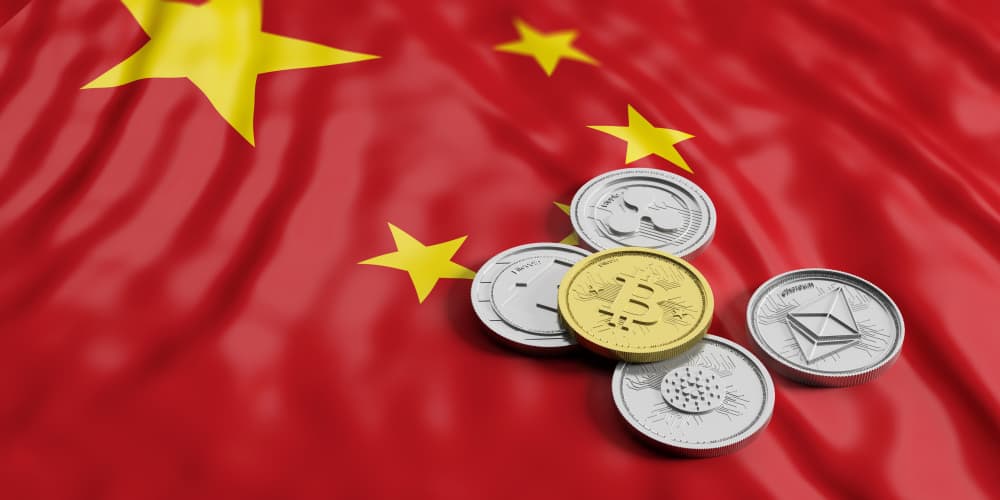How China’s Crypto Ban is Helping the US Economy
28.06.2024 9:00 1 min. read Alexander Stefanov
Wang Yang, Vice President of the Hong Kong University of Science and Technology, comments on the implications of China's cryptocurrency policies.
He stressed that Hong Kong should not stop cryptocurrency companies that do not transact with local citizens, as these companies could support Hong Kong’s virtual asset ecosystem.
Yang criticized China’s ban on cryptocurrency mining, pointing out that this decision has allowed the U.S. a significant tax revenue opportunity estimated at $4 billion.
He suggested that instead of an outright ban, China should consider allowing state-owned enterprises to participate in mining or invest in mining operations to better control risk while protecting economic interests.
Yang also urged China to reconsider its stance on digital assets, suggesting that the acceptance of these assets should be aligned with theBelt and RoadInitiative and facilitate the tokenization of Real-World Assets (RWAs).
He acknowledged that cryptocurrencies are currently perceived as uncontrollable, but suggested that China’s strategic development may necessitate a policy shift. He also hinted that Donald Trump’s eventual return to power could force China to quickly revise its digital asset policies.
-
1
Thailand Launches National Crypto Sandbox
17.07.2025 9:03 2 min. read -
2
Key Crypto Events to Watch in the Next Months
20.07.2025 22:00 2 min. read -
3
House Clears Path for Landmark Crypto Bills: Vote Set for Thursday
17.07.2025 9:15 2 min. read -
4
Australia Tests CBDCs in 24 Separate Real-World Finance Use Cases
10.07.2025 19:00 2 min. read -
5
U.S. House Passes Sweeping Clarity and GENIUS Acts
17.07.2025 23:29 1 min. read
Nigeria Signals Greenlight for Stablecoin Innovation Under New Regulatory Vision
Nigeria is taking a decisive step toward embracing stablecoin adoption, as the country’s Securities and Exchange Commission (SEC) outlined its readiness to support digital currency innovation—under clear regulatory conditions.
South Korea Urges Asset Managers to Limit Exposure to Crypto Stock Like Coinbase,MicroStrategy
South Korea’s top financial watchdog has issued informal guidance urging local asset managers to scale back their investments in crypto-related stocks, according to a Korean Herald report.
SEC Reverses Bitwise ETF Approval Just Hours After Greenlight
In a surprising move on Tuesday, the U.S. Securities and Exchange Commission (SEC) initially approved Bitwise’s proposal to convert its cryptocurrency index fund into a full-fledged exchange-traded fund (ETF)—only to halt the decision just hours later.
Senate Republicans Unveil Crypto Market Bill to Expand CLARITY Act
Senators Tim Scott, Cynthia Lummis, Bill Hagerty, and Bernie Moreno (R-OH) have released a discussion draft of a new digital asset market structure bill—framed as the Senate counterpart to the CLARITY Act.
-
1
Thailand Launches National Crypto Sandbox
17.07.2025 9:03 2 min. read -
2
Key Crypto Events to Watch in the Next Months
20.07.2025 22:00 2 min. read -
3
House Clears Path for Landmark Crypto Bills: Vote Set for Thursday
17.07.2025 9:15 2 min. read -
4
Australia Tests CBDCs in 24 Separate Real-World Finance Use Cases
10.07.2025 19:00 2 min. read -
5
U.S. House Passes Sweeping Clarity and GENIUS Acts
17.07.2025 23:29 1 min. read

